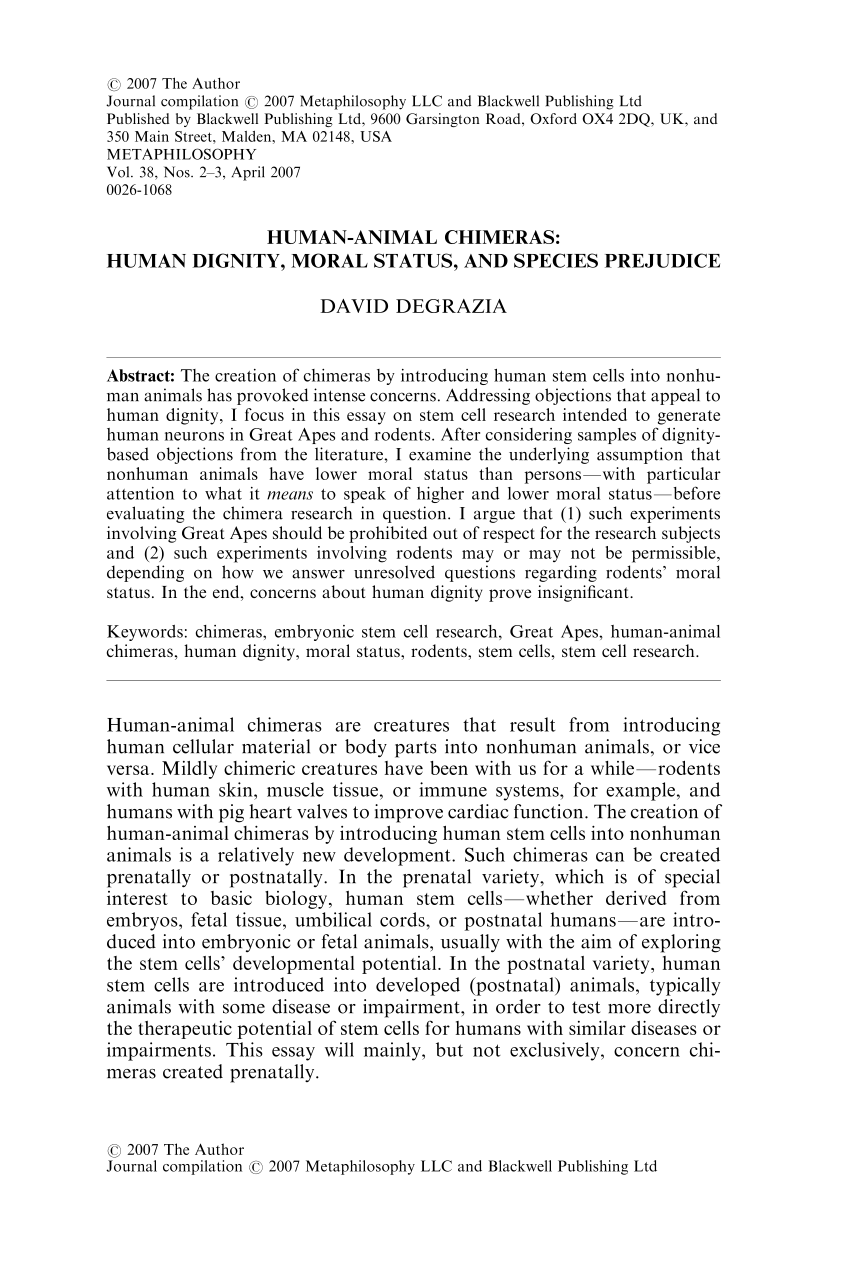Excessive dreaming is a disorder in which people spend much of their lives immersed in the most complex and varied fantasies, this disconnection, this absolute isolation from reality, completely interferes in the lives of these people, in their responsibilities, in their personal hygiene and even in their diet.
Of course, we all dream of escaping a little from our routines, from the pressures of everyday life or from our problems through these momentary dreaming, and with this instead, we allow these occasional but enriching getaways, far from being pathological behavior. it is a healthy exercise and certainly necessary for humans.
- Our brain needs these fantasies.
- This imaginary world that we sometimes seek to relieve stress and find a pleasant place for our well-being.
- Our mind likes to ramble and it is worth remembering that we have several regions of the brain.
- Such as the brain.
- Bark and the limbic system.
- Which encourage us to better manage our emotions and even make certain decisions.
Usually, most of us know perfectly well how to control these moments so that they do not affect our lives, however, a small part of the population does not have the ability to control this impulse to dream, spending much of the day simply isolated from Reality, immersed in its inner world and unable to take responsibility for one’s life , we are faced with a clinical picture that is worth knowing in more detail.
There is nothing wrong with fantasizing, but when this behavior becomes compulsive, it becomes a very serious problem. When daydreaming and fantasy become a common practice, they often indicate an underlying disorder that needs to be treated. Living with this type of condition is difficult. , why are there several forums and support groups like him?Wild Minds Network?where many of these patients share their experiences, information and advice.
On the other hand, it should be noted that even today, the Diagnostic and Statistical Manual of Mental Disorders (DSM-V) does not yet address excessive daydreaming disorder, however, and given all the documentation and cases described, it is very likely that in the coming years it will be permanently included, mainly thanks to a person’s effort: psychiatrist Eliezer Somer , university of Haifa, Israel.
This psychiatrist has been describing a number of cases and symptoms since 2002, and is testing therapeutic approaches with excellent results, so let’s see what clinical conditions patients with excessive dreaming usually present.
Psychiatrist Eliazer Somer has developed a scale to diagnose this type of clinical pathology, the “Scale of Unadaptive Dreaming (MDS)”, which is useful and effective for getting a correct diagnosis. Do not forget that this disorder can be confused with others. conditions, such as schizophrenia or even psychosis, diseases in which constant fantasies also occur.
On the other hand, before deciding what type of treatment the patient needs to dream excessive awake, it is necessary to know the origin of the problem. Excessive dreaming usually has very complex psychological realities that need to be delineated.
Once the healthcare professional has defined this pathology, understanding the triggering reasons and individual needs of each patient, he will opt for a pharmacological or psychotherapeutic approach, or both, in general, good results were obtained with the antidepressant fluvoxamine in terms of psychological response. , cognitive behavioral therapy has been successful.
Thus, the points on which the psychologist will work with the patient will be:
In conclusion, although this disorder seems a bit strange, it is important to mention that nothing can be more debilitating for a human being than living away from his reality, not being able to participate in life takes us away from ourselves, and the truth is that nobody deserves live like this.

